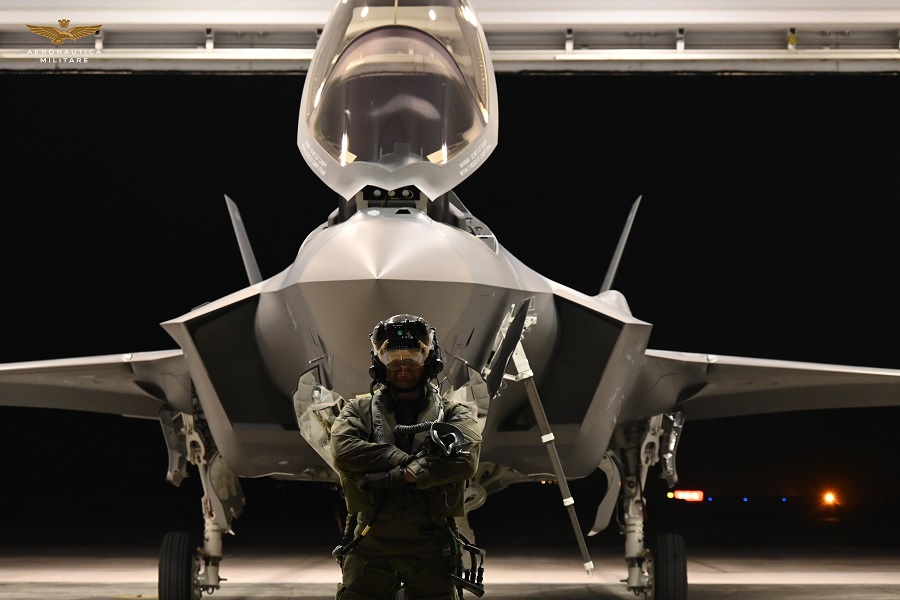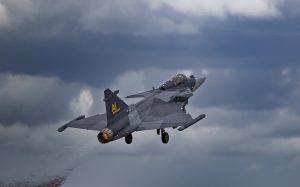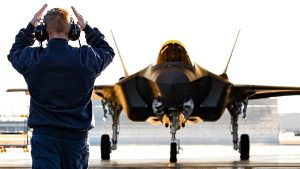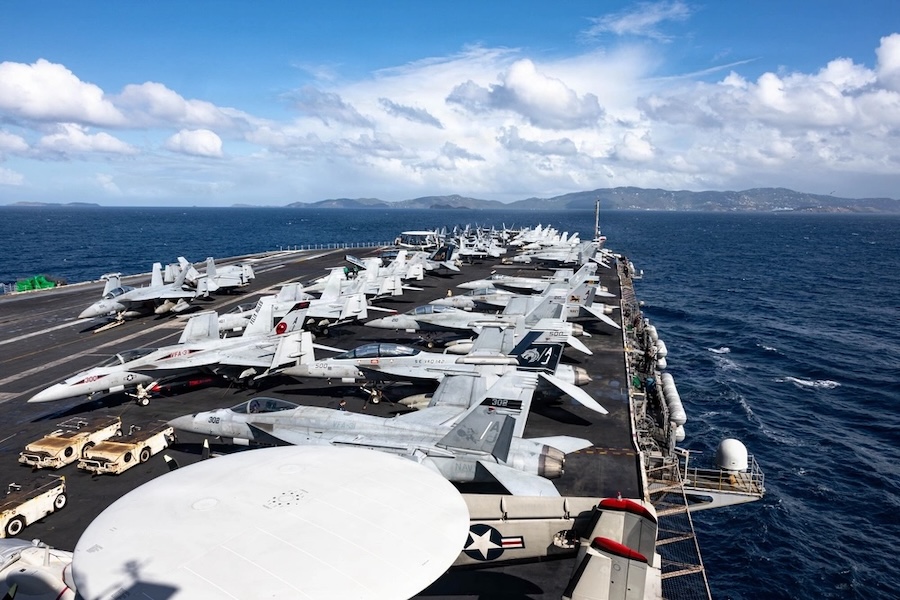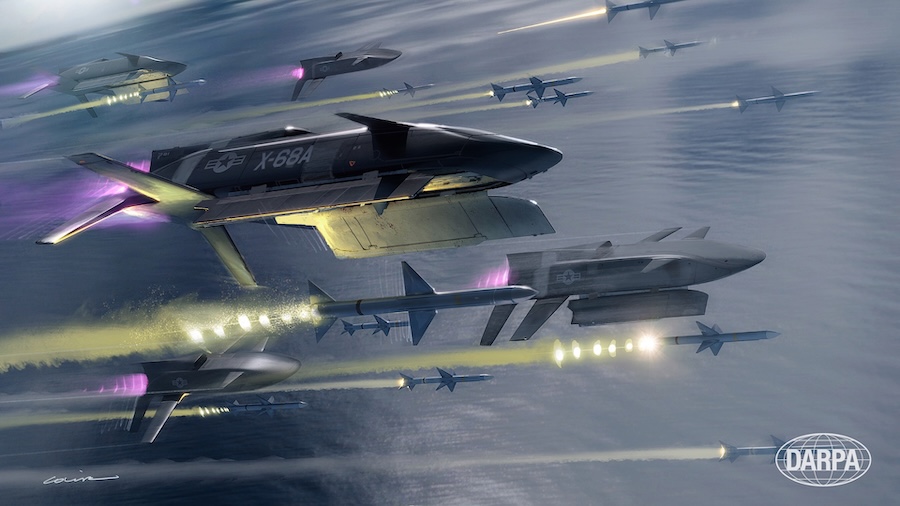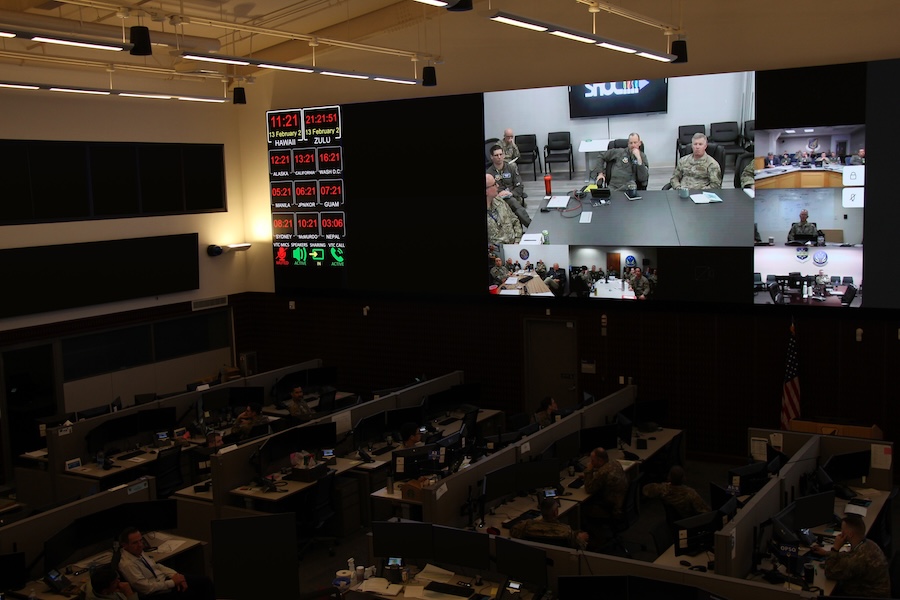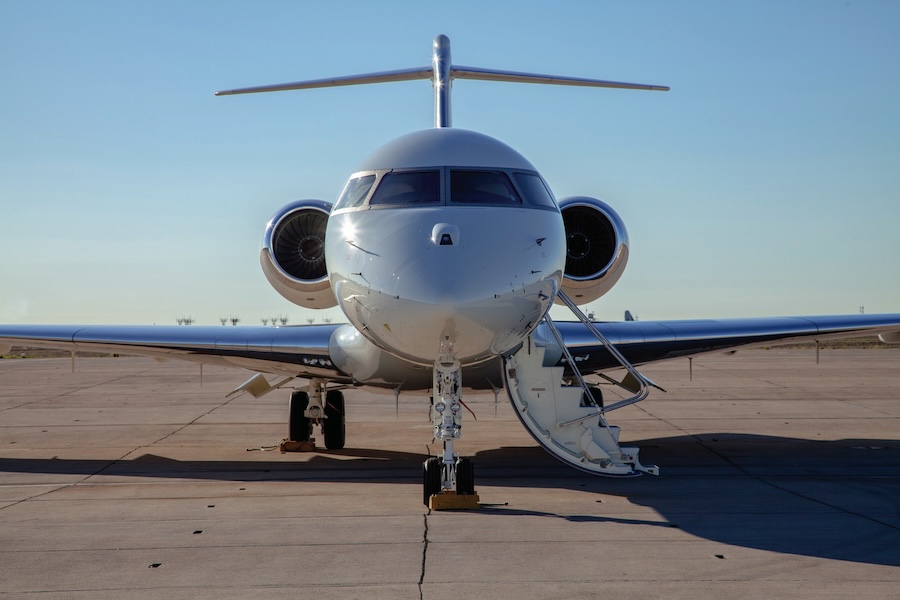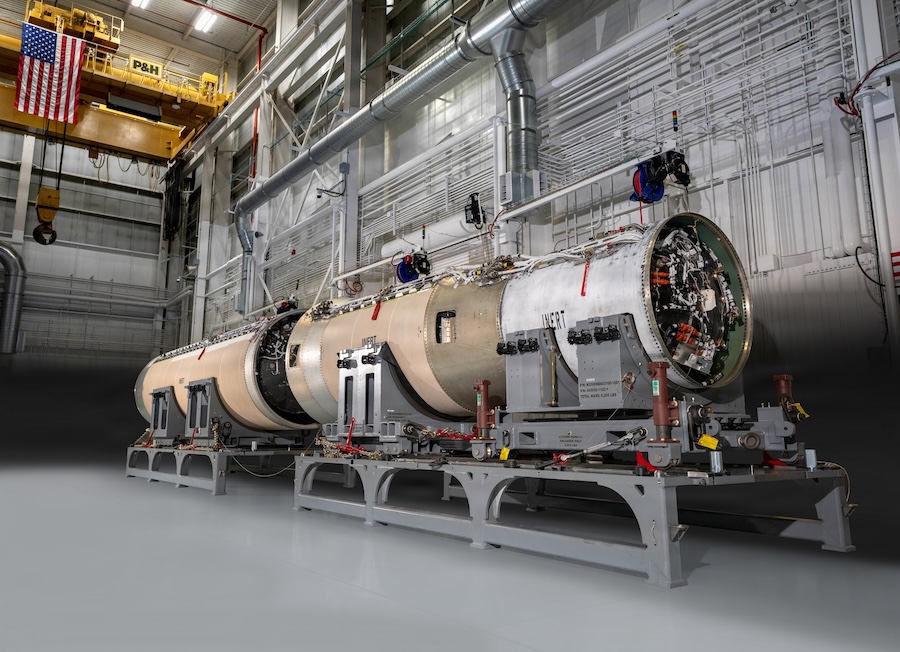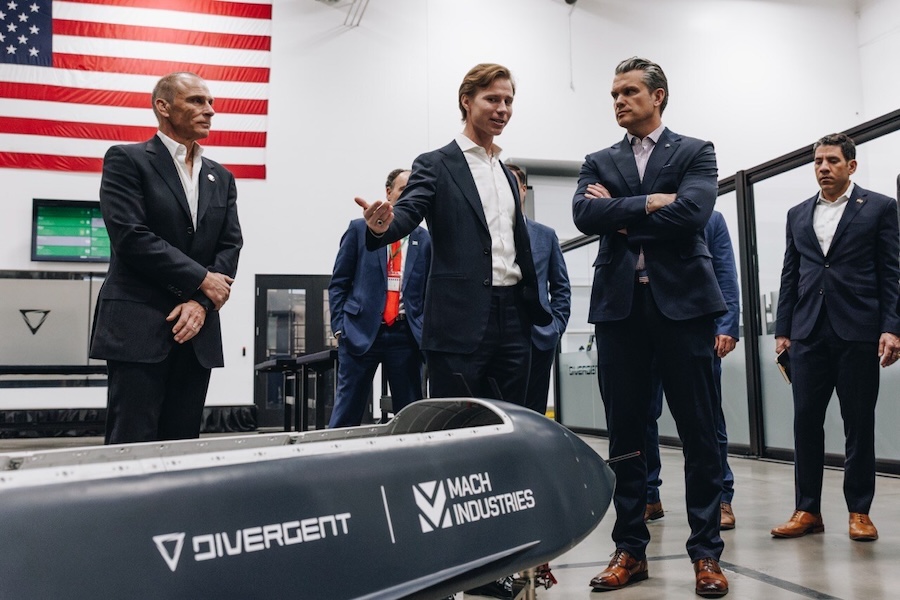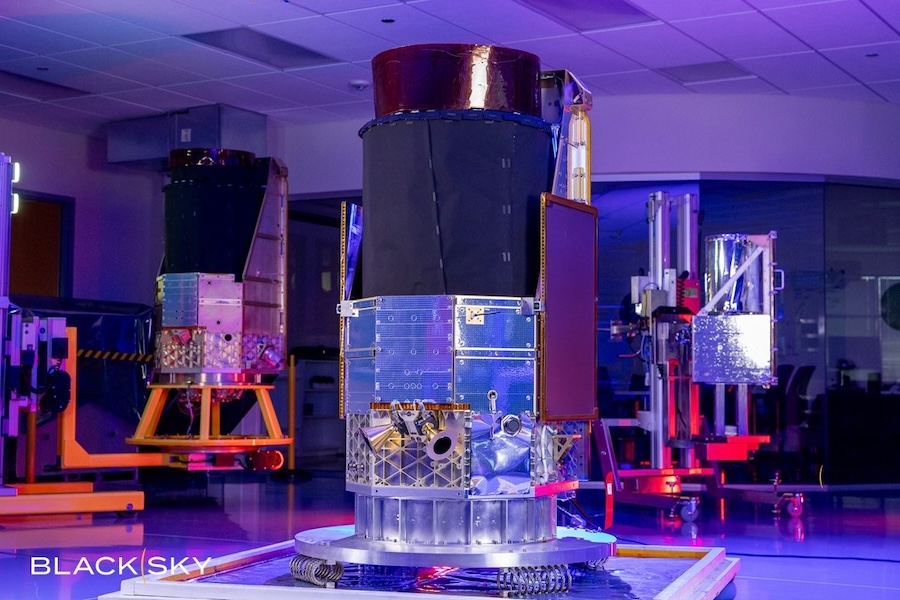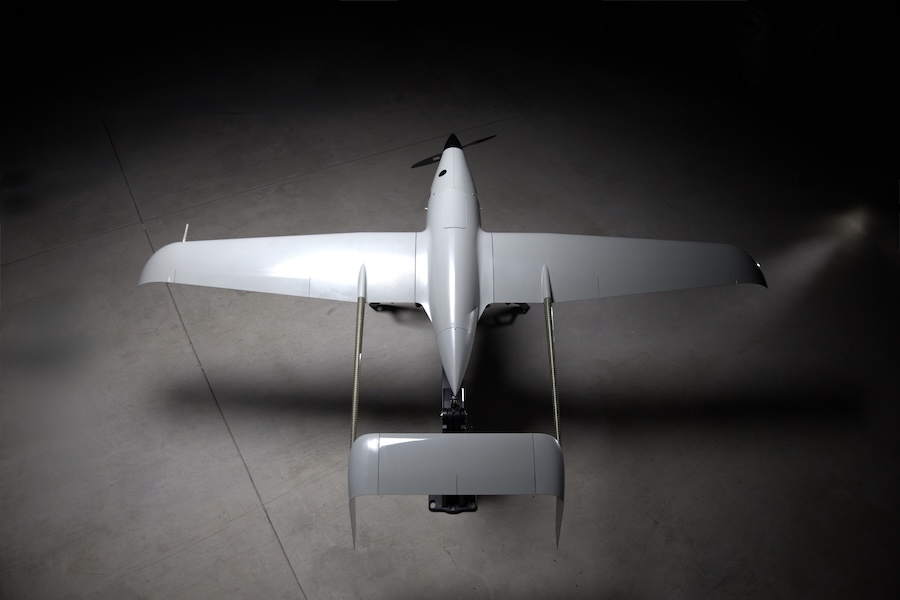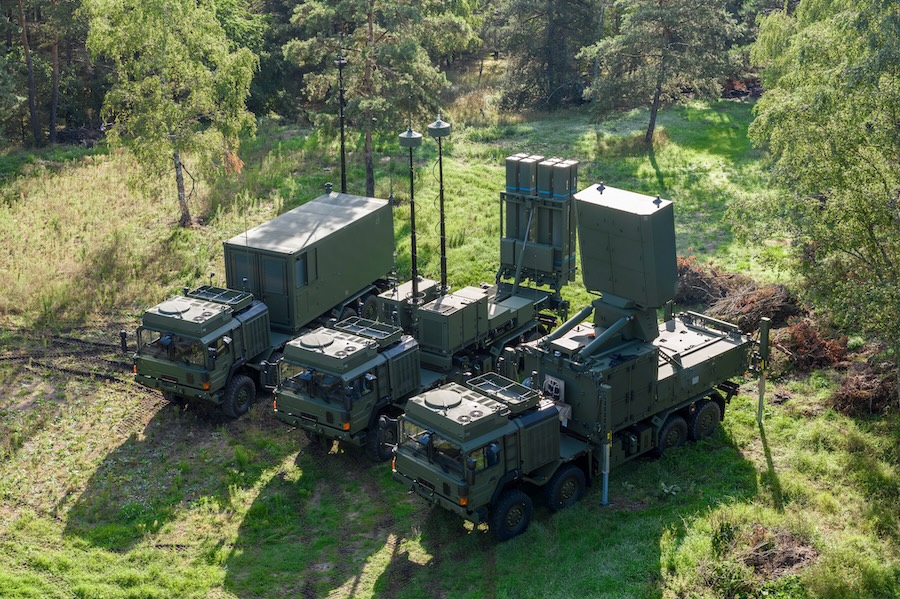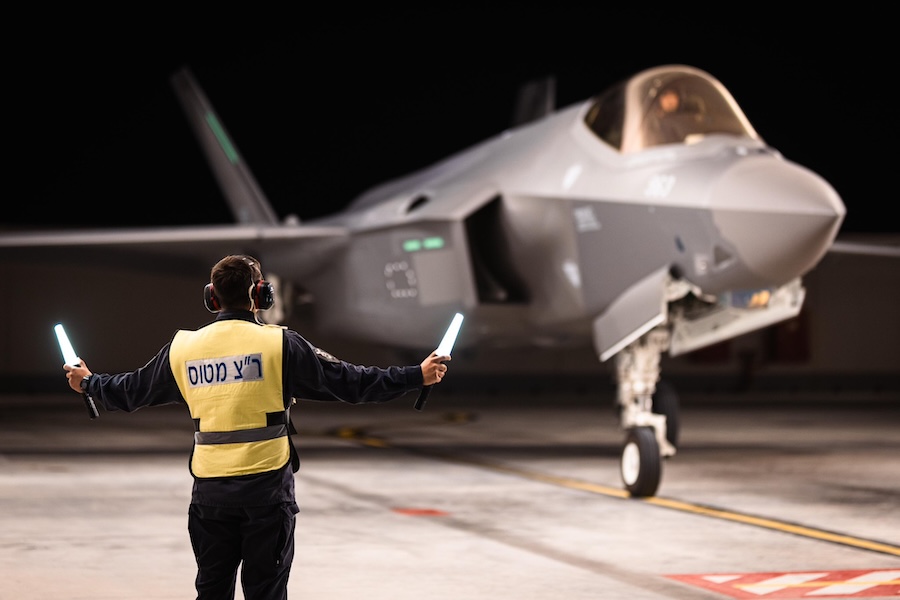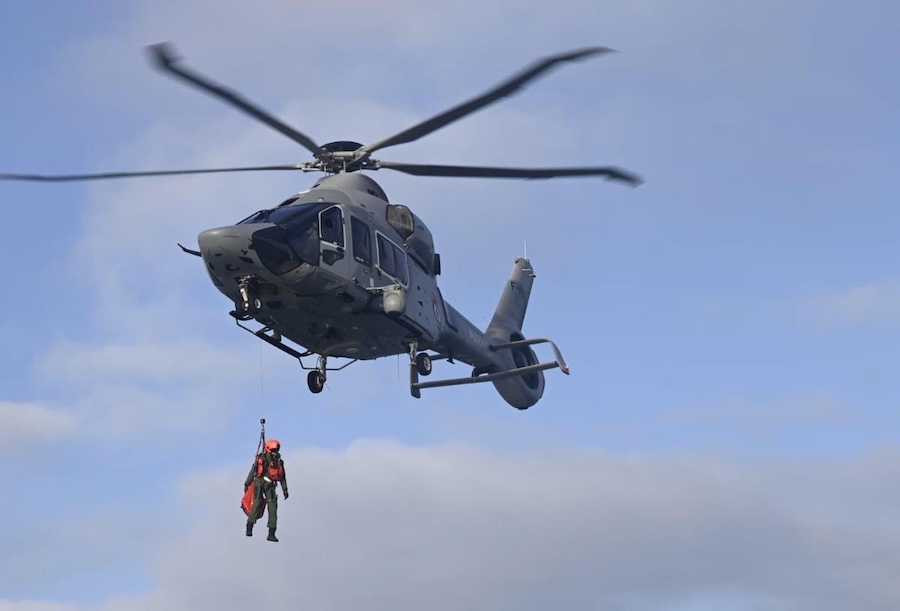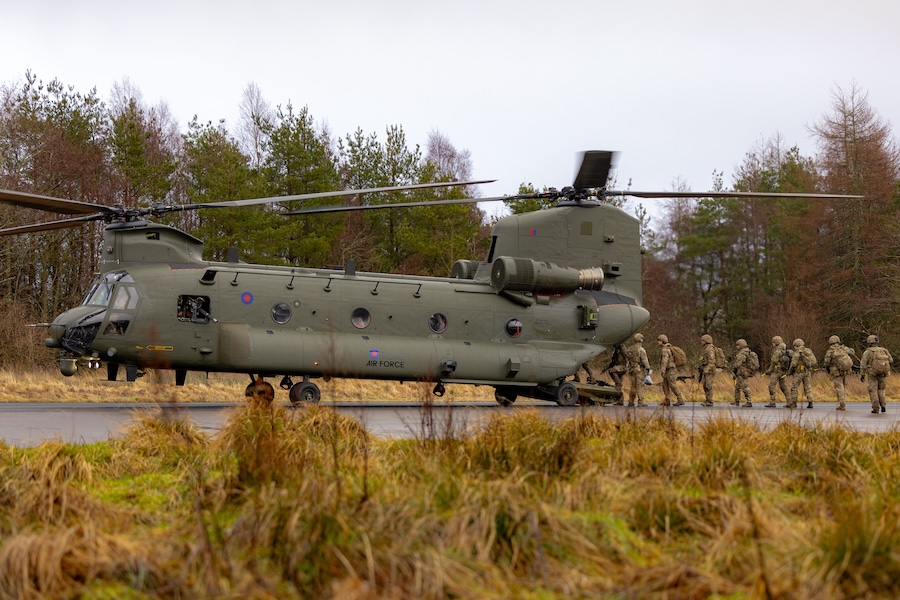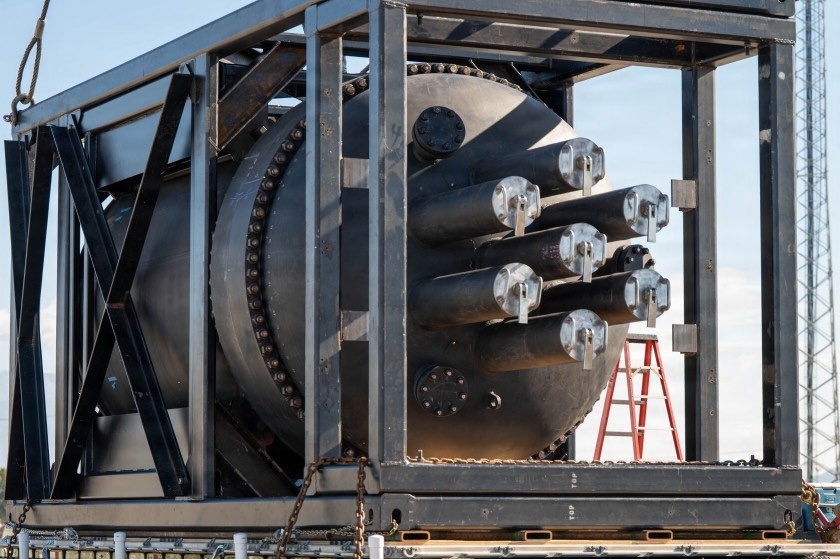This year’s three-day forum focused on responding to growing geopolitical competition and advancing sixth-generation technologies such as the Global Combat Air Programme (GCAP), artificial intelligence and the enabling architecture of the Combat Cloud. The event provided the Italian Air Force with an opportunity to reaffirm its doctrinal and technological leadership in Europe and beyond, highlighting investment in human capital as the key to future innovation.
Opening the conference, Air Squadron General Giovanni Balestri, Deputy Chief of Staff of the Italian Air Force, stressed the strategic value of cooperation and information integration. He stated that it is “fundamental to promote air power through collaboration and innovation”, noting that operational superiority has shifted “from the mere control of physical airspace to the control of decision space”.
General Balestri described the Air Force’s fleet of F-35s as a “living laboratory” for testing sixth-generation operational concepts. He referred to the ongoing Falcon Strike 2025 exercise at the 32nd Wing in Amendola as a “fundamental laboratory for data-based operational concepts that will form the backbone of the future Combat Cloud of the GCAP”, integrating air, land, sea and cyber domains to refine decision-making superiority.
A key topic during the IFC was training for future generations of pilots through the International Flight Training School (IFTS), a strategic partnership between the Italian Air Force, Leonardo and CAE. Air Brigadier General Paolo Rubino, Chief of Staff of the Air Force Schools Command / 3rd Air Region, highlighted the IFTS as a national centre of excellence, recognised internationally by air forces that send their pilots to train in Italy.
He explained that the success of the IFTS lies in its Live, Virtual, and Constructive (LVC) training model, which prepares pilots to manage virtual assets—the conceptual precursors of Collaborative Combat Aircrafts (CCA). This approach, he said, is the most effective in instilling the “sixth-generation mindset” required to maximise the GCAP’s potential and operate effectively in the multi-domain environment of the future.
Closing the conference, Air Squadron General Antonio Conserva, Chief of Staff of the Italian Air Force, emphasised the need for a transformative approach to meet emerging challenges such as hypersonic missiles and drone swarms. He stated that these threats demand not a simple update but a true “quantum leap” in capability, underlining that the failure to secure air superiority leads inevitably to attritional warfare.
General Conserva reaffirmed the Air Force’s commitment to a comprehensive strategy structured around six key pillars, including strategic enablers for European autonomy, the GCAP as a technological incubator, logistical resilience, human capital, infrastructural modernisation and information superiority through advanced C4ISR systems and artificial intelligence. He concluded that the Air Force’s integrated and pragmatic action plan views investment in defence as essential “to guarantee the security, technological autonomy and prosperity of the Country.”


